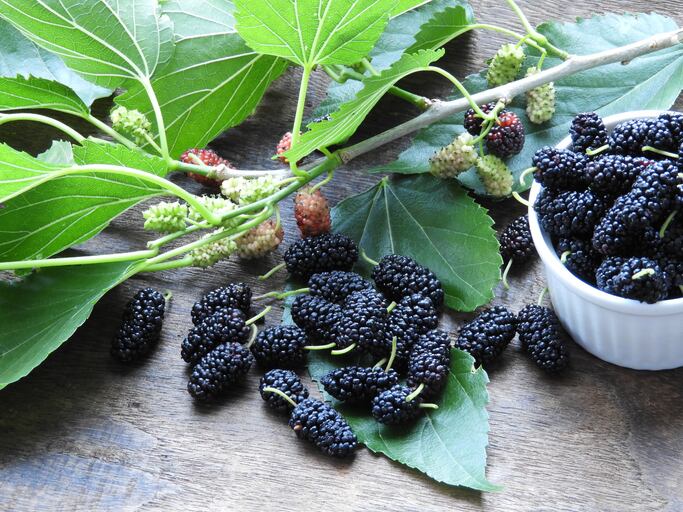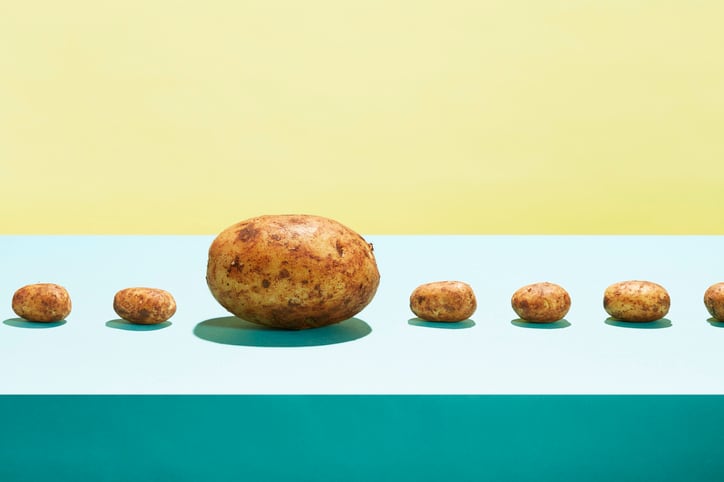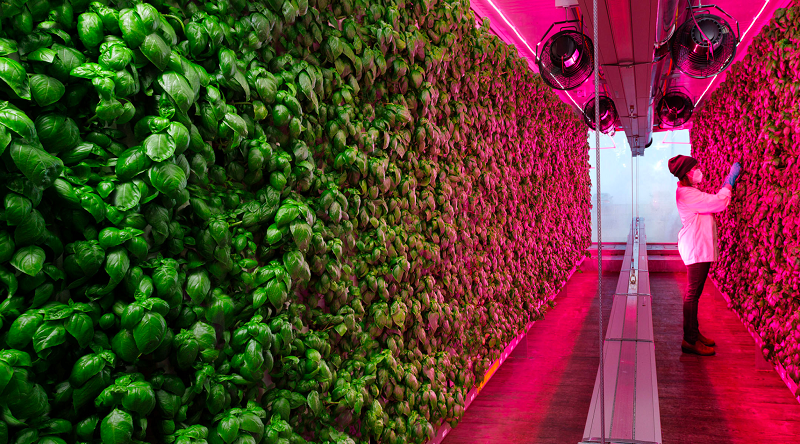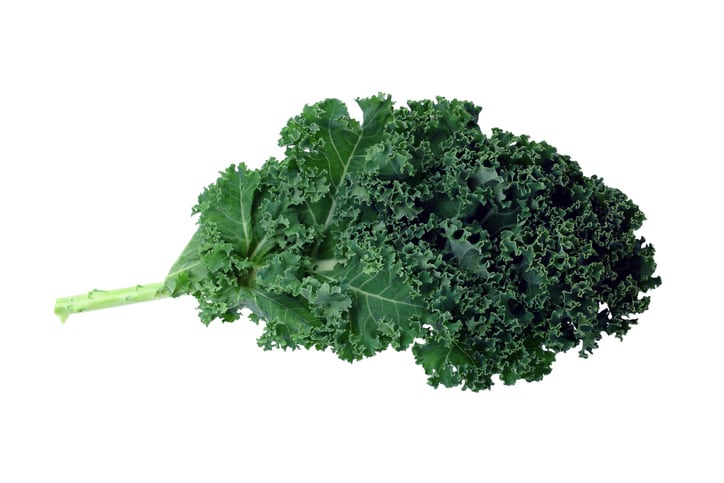“We are thrilled to share this breakthrough achievement from our talented R&D team. Pairwise scientists have used their deep knowledge of plant genetics, broad suite of CRISPR tools, and multiplex editing techniques to eliminate the hard pits in berry fruit, creating soft, small seeds like those found in grapes and watermelon that are commonly labelled as seedless,” said Ryan Bartlett, Pairwise’s chief technology officer.
“The result is the first seedless blackberry in the world. We expect that this trait will not only transform the blackberry market, but it also lays the groundwork for accelerated progress in removing seeds and pits in many other fruits such as cherries.”
These plans were outlined to AgTechNavigator in April. It believes that using CRISPR to offer consumers tangible benefits such as improved flavour, consistency, and convenience can steer gene edited technology into the mainstream.
“The berry variety we edited is consistently sweet year-round and holds up well during shipment; now, consumers will have the option to choose a nutritious blackberry without seeds that also reliably delivers great flavour and quality,” added Haven Baker, Pairwise co-founder and chief business officer. “Blackberries are a snackable fruit with significant health benefits; however, data indicates that more than 30% of berry buyers do not like the seeds, and many more do not even buy the fruit because of the seeds.”
In addition to creating the first seedless caneberry, Pairwise says it has successfully edited the same variety to eliminate thorns and create a more compact plant that delivers benefits for harvesters, growers, and the environment. The thornless and compact traits enable more efficient fruit harvesting and improved productivity and profitability for growers. The new compact trait means the plants are smaller and can be planted at a higher density per acre. Early data from Pairwise-led trials indicate the potential to greatly increase yield per acre while necessitating only a minimal increase in inputs – meaning the water and land used per crate of fruit harvested decreases significantly.
“Our high-density compact and thornless traits contribute to a more sustainable food system. The absence of thorns and reduced height of the compact plants allow berry harvesters to better access the fruit and leave less on the plant, reducing food waste and further improving the growers’ economics. With the precision of CRISPR, we’re able to develop these thornless and compact traits without sacrificing consistency in flavour and quality for consumers,” said Baker. “We’re excited to advance these berries into the next phase of product development, including outdoor field trials, as we work toward scaling up and making them available to the public in a few years.”
“A key challenge in our food system is helping people eat more high-quality, healthy foods. As part of our drive to increase the consumption of fruit and vegetables, we’re working to provide consumers with new, highly nutritious food options with improved flavour and convenience,” said Tom Adams, Pairwise co-founder and CEO. “With a deep understanding of the plant genome, an accurate, efficient, and scalable process, and streamlined pathway to commercialisation, we are not only creating new products with our proprietary CRISPR technology, we are creating a new era of innovation in agriculture.”





